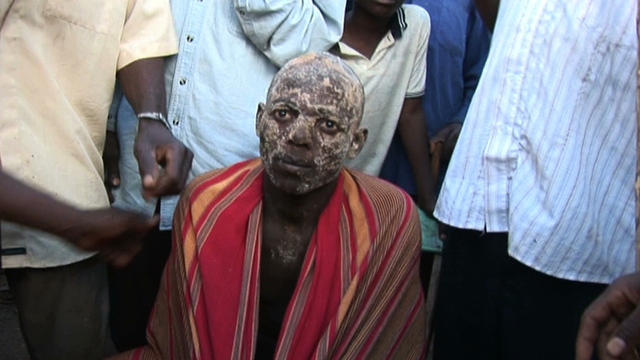The Kindest Cut
What impact does male circumcision have on combating Aids In Uganda?
 The arguments against female circumcision are well known and few educated people would disagree. But now male circumcision is becoming a key issue. In Uganda there's a strong argument that it helps in the battle against the spread of HIV.
The arguments against female circumcision are well known and few educated people would disagree. But now male circumcision is becoming a key issue. In Uganda there's a strong argument that it helps in the battle against the spread of HIV.
Ben is from the Bagisu tribe in Eastern Uganda, where HIV rates are well below the regional average. After three days of ritual dancing, he will be circumcised in a coming of age ceremony. At the moment, the cultural prestige is foremost in Ben's mind. "Yes, I am proud," he says. "People tend to respect you." But clinical trials have recently confirmed that this traditional ceremony is also a key factor in keeping the HIV rate so low. Ben's cousin Dr Mulongo Muhamed warns that circumcision is no magic solution: "We want it to go together with abstinence, with faithfulness, with condom use. We want to take it as a package." Together with other cultural surgeons, he is helping to modernise the ceremony, showing others how to sterilise surgical knives. An uplifting report, which takes a positive look at the mixing of modern medicine and age-old practices in Uganda's fight against its number one killer.
FULL SYNOPSIS
Produced by Melissa McClean

